Getting this very annoying error. error:0906D06C:PEM routines:PEM_read_bio:no start
Code:
RSA* publickey = cWrapper.getPublicKey("C:/rsa-stuff/public.pem");
QByteArray plain = "The man in the black fled into the desert and the gunslinger followed...";
QByteArray encrypted = cWrapper.encryptRSA(publickey, plain);
In encryptRSA():
const char* publicKeyStr = data.constData();
qDebug() << publicKeyStr;
BIO* bio = BIO_new_mem_buf((void*)publicKeyStr, -1);
BIO_set_flags(bio, BIO_FLAGS_BASE64_NO_NL);
RSA* rsaPubKey = PEM_read_bio_RSAPublicKey(bio, NULL, NULL, NULL);
if(!rsaPubKey) {
qDebug() << "Could not load public key, " << ERR_error_string(ERR_get_error(), NULL); // error is here
}
BIO_free(bio);
This is how I read file:
QByteArray data;
QFile file(filename);
if(!file.open(QFile::ReadOnly))
{
printf("Error reading file: %s\n", file.errorString());
return data;
}
data = file.readAll();
file.close();
return data;
When I print out publicKeyStr, looks fine. This is notepad++ view with all characters enabled:

Anyone know what I am doing wrong? Super annoying issue :(
First of all, it's not this problem because I don't get the trusted part. Anyhow, I did try all the "solutions" and none of them worked, same error.